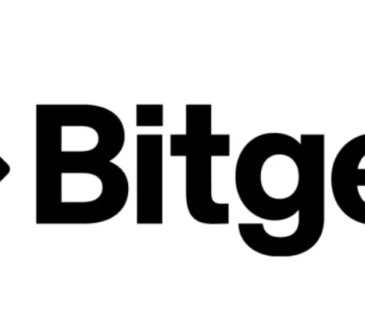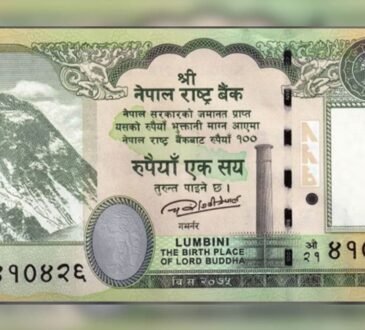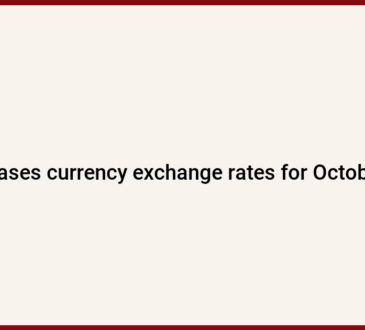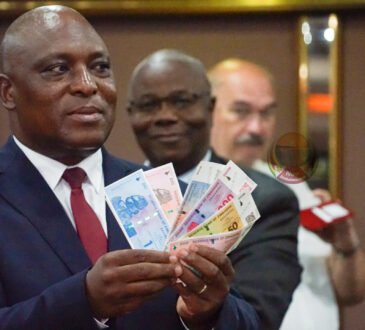Unlock the Editor’s Digest for free
Roula Khalaf, Editor of the FT, selects her favourite stories in this weekly newsletter.
Wall Street banks are betting that sterling will extend a winning run that has carried it to its strongest level since the 2016 Brexit referendum, as a resilient economy and hopes for political stability buoy the currency.
The pound has been the best-performing major developed market currency this year, climbing 1.7 per cent against a strong dollar to $1.29 and nearly 3 per cent against the euro.
The gains have been fuelled by better than expected growth and stubborn inflation, which are likely to keep the Bank of England from cutting interest rates aggressively this year. Labour’s resounding election victory has also raised optimism among investors of an end to a period of volatile politics that frequently buffeted sterling.
That stands in contrast to France where the recent parliamentary gains for the far left and far right have unsettled investors, while the upcoming US presidential election has also knocked markets.
“The UK finds itself as being the most politically stable country in the G7 for the first time in quite a long time,” said Mark Dowding, chief investment officer at RBC BlueBay Asset Management. “The Labour front bench are going out of their way to try to reassure markets they will be responsible stewards of the economy which has helped sterling markets in general.”
Analysts at JPMorgan forecast that sterling will reach $1.35 by March next year while Goldman Sachs expects sterling to climb to that level on a long-term view.
Citi strategists said they are bullish on the pound, forecasting the UK currency will strengthen to £0.82 per euro for the first time since the UK voted to leave the European Union in 2016. Sterling currently trades at £0.843 to the euro, and against a basket of the UK’s trading partners is at its strongest level since 2016.

“The UK election result provides opportunities to address fiscal issues and to improve trade relations with the EU, both of which are currency positive,” said analysts at Citi.
Growing optimism for sterling has been reflected by the surge of currency speculators’ wagers on a rise in the currency which has risen to its highest level since 2007, data from the US Commodity Futures Trading Commission shows.
“It feels like we have really turned the page on UK sentiment, both domestically and internationally,” said William Vaughan, a bond portfolio manager at Brandywine Global. “Over the last few months we have seen sentiment improve significantly towards UK assets and as a result have seen inflows into sterling, stocks and gilts”.

Despite the UK raising interest rates to 5.25 per cent, the UK has already pulled itself out of a mild recession with the economy last month growing twice as quickly as expected.
Stubbornly high services inflation this week has also added to conviction that the Bank of England will not lower interest rates at its next meeting on August 1. That comes as markets have increased bets on a September rate cut from the Federal Reserve as the US labour market has started to weaken.
“There is new momentum in the UK economy this year which is helping to close the gap between the UK and the US,” said Hugh Gimber, global market strategist at JPMorgan Asset Management. “We are confident that you will see a continued acceleration in the UK albeit from a much weaker starting point.”
Some analysts point to a more gradual return of confidence since a crisis in the gilt market drove the pound to an all-time low in September 2022.
“It would be inaccurate to credit the Labour government entirely for the better tone in the pound,” said Rabobank currency strategist Jane Foley. “In our view the pound has been slowly picking itself up after the hit that came from the market chaos triggered by the shortlived government of [Liz] Truss.”
Despite its gains this year, sterling remains 4 per cent below its trade-weighted level on the eve of the Brexit vote. Further gains may be harder to come by given the BoE is likely to join the Fed an other central banks in lowering interest rates later this year, according to ING currency analyst Chris Turner.
“Perhaps we should be a bit careful of concluding there is some wholesale re-rating of sterling,” he said.




